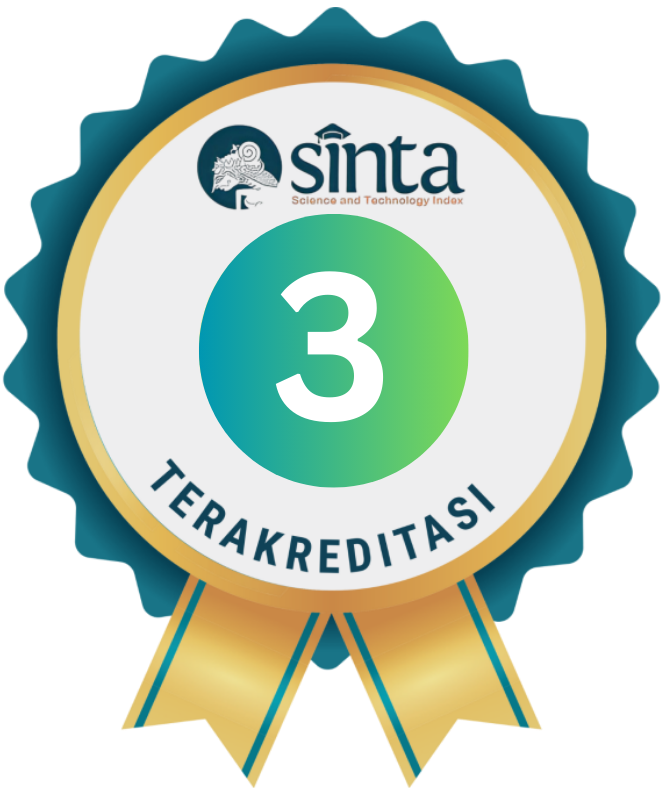Evaluating Behavior Modification for Tantrums in Early Childhood: Approaches for Enhanced Management and Intervention
DOI:
https://doi.org/10.31958/ijecer.v2i1.11489Keywords:
Behavior Modification, Tantrums, Early ChildhoodAbstract
Negative behaviors in children, such as tantrums, are common during early childhood due to inherent egocentric tendencies. Tantrums, if not addressed by parents, can potentially harm the child. Therefore, parents need to employ early-stage behavioral modification techniques to manage tantrums in children, with continuous evaluation. This study focuses on evaluating the modification of tantrum behavior in early childhood, involving a series of procedures to transform negative behaviors into positive ones. The evaluation, as the final stage of the behavior modification process, assesses whether the treated behavior has undergone significant changes by observing and recording its persistence. The research adopts a qualitative approach, utilizing structured interviews for data collection from parents as informants. Data analysis follows the Milles and Huberman model. Purposively selected subjects, children aged 2-6 years, are obtained through interviews and in-depth observations. Results indicate that effective reinforcing actions involve allowing children to express emotions under parental supervision, preventing harm while calming the child through comforting gestures. The final evaluation reveals that children exhibit increased freedom in expressing emotions, yet still under parental supervision.
 
References
REFERENSI
Buku
Ali, Z. 2017. Metode Penelitian Hukum, Jakarta
Iqbal, M. 2007. Fiqih Siyasah Kontekstualisasi Doktrin Politik Islam, Gaya Pratama, Jakarta
Situmorang J. 2012. Siyasah Dusturiyah: Politik Ketatanegaraan Dalam Islam. cetakan I, CV Pustaka Setia, Bandung
Komnas Perempuan. 2021. CATAHU (Catatan Akhir Tahun) Komnas Perempuan, Jakarta
Naskah Akademik Rancangan Undang-Undang TPKS Risalah Badan Legislasi DPR RI rapat kerja pembahasan RUU TPKS dengan Mentri PPPA, Mendagri, Mensos, dan Menkum HAM RI
Jurnal
Maulida, A dan Umar, K. 2022. Jurnal AL-Tasri’iyah Urgensitas Carry Over dalam Proses Pembuatan Undang-Undang di Indonesia, vol 2 (1), Fakultas Syariah Dan Hukum Universitas Islam Negeri Alauddin Makassar
Bayusuta, B, B. dann Yuhanes, S. 2022. Jurnal Demokrasi dan Ketahanan Nasional Analisis Yuridis Undang-Undang Tindak Pidana Kekerasan Seksual dalam Penegakan Hukum di Indonesia, 1(1)
Skripsi, Tesis, Disertasi, Laporan Penelitian
Khalbi, N, D. 2019. Tesis “Analisis Fiqih Siyasah Dusturiyah Terhadap Proses Pembentukan Peraturan Perundang-Undangan Di Indonesia”, Pascasarjana Universitas Islam Negeri Sunan Ampel, Surabaya
Peraturan dan Undang-Undang
Al-Qur’an dan Sunnah
Undang-Undang Dasar Tahun 1945
Undang-Undang Nomor 22 Tahun 2022 tentang Pembentukan Peraturan Perundang-undangan
Undang-Undang Nomor 15 Tahun 2019 tentang Pembentukan Peraturan Perundang-undangan
Undang-Undang Nomor 16 Tahun 2019 perubahan atas Undang-Undang No 1 Tahun 1974 tentang Perkawinan
Undang-Undang Nomor 44 Tahun 2008 tentang Pornografi
Downloads
Additional Files
Published
Issue
Section
License
Copyright (c) 2023 siti khusniatul Amanah siti

This work is licensed under a Creative Commons Attribution-NonCommercial-ShareAlike 4.0 International License.
Authors who publish with Indonesian Journal of Early Childhood Educational Research agree to the following terms:
- Authors retain copyright and grant the journal right of first publication with the work simultaneously licensed under a?áCreative Commons Attribution-NonCommercial-ShareAlike 4.0 International License?á(CC BY-NC-SA 4.0) that allows others to share the work with an acknowledgment of the work's authorship and initial publication in this journal.
- Authors are able to enter into separate, additional contractual arrangements for the non-exclusive distribution of the journal's published version of the work (e.g., post it to an institutional repository or publish it in a book), with an acknowledgment of its initial publication in this journal.









